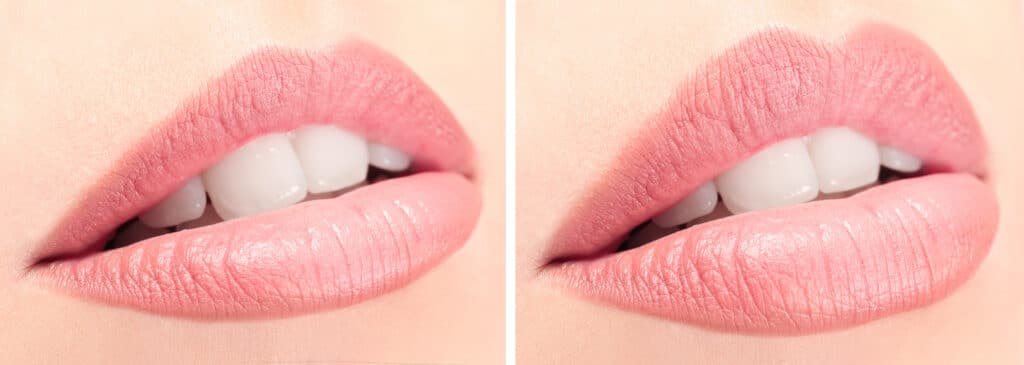What is the difference between mindfulness and meditation? Or are they the same thing? These questions regularly come up in my classes and workshops. Listening to a radio interview recently, I heard traditional meditation being described as, ‘just another thing we have to do’ with a range of less time-consuming options being offered instead. Then I spotted a newspaper article offering 12 ways to meditate – without actually meditating! I suppose because mindfulness has become such a buzz word in recent times, it is understandable that there are different views around what it means, but, as this is the case, I believe it is more important than ever not to allow this ancient practice and its benefits be diluted down to the point where its essence and meaning are lost.
Why do we resist the things that are good for us? Or we look for quick-fix solutions, that won’t take us long but that we hope will have long lasting results. We can talk ourselves out of things so easily, telling ourselves that we don’t have time, or that it doesn’t work for us, that our minds are too busy, or we feel we are already meditating ‘without actually meditating’ by walking, swimming and so on. Or maybe we have anxiety about trying new things. For me, before I found mindfulness meditation, I was not able to manage stress very well or cope with the various life challenges that came my way. And yet I walked, I swam, I tried so many things, but it was only by learning to meditate that I got to know myself and learned long-lasting techniques to manage stress, overthinking, rumination and how to cultivate self-compassion rather than self-criticism.
There are many ways of practicing meditation but at the end of the day it comes down to the same thing. We are learning to tame or train what is described by mindfulness teacher Rob Nairn as our ‘wild horse’ mind, to keep returning to the present moment and to what’s happening now. We are learning to stay in the body. We are paying attention to how we are feeling physically, mentally and emotionally. Tara Brach in her recent podcast ‘Refuge in the wilderness: coming home to embodied presence’ says, “We are, by and large, utterly terrified of silence, stillness, spaciousness, the doing of nothing so as to feel the totality of everything.” Sitting still with your thoughts, feelings and emotions can be hard to do. It might sound simple, and indeed there is a simplicity to it, but it is not easy.
So not as straightforward as it may appear, because human beings are complex, but it is in the stillness that we get to know the depth of ourselves, we learn how to be present, how to rest. And then we add compassion to the mix, and this is the cherry on the cake! The compassion element softens everything, and by practicing traditional ‘formal’ meditation we can more easily carry attributes like calm and compassion with us out into the world and are more able to apply mindfulness to everyday life, to our walking, swimming, eating and so on. So, it is not a case of one over the other, mindfulness or meditation, but it is the regular practice of mindfulness meditation which can support us through our lives, helping us to be present for more of our lives.
When our mind is home in the body, we are much more able to deal clearly with what is going on in our lives, we are not overtaken by thoughts or the stories that we create around events or about people. We learn to deal with what is, rather than what has been, or might be, or could or should be. It’s like we’re peeling away the layers of habitual patterning and unlearning ways of being that no longer serve us in our lives. It is an intentional practice; it takes commitment. We are present in our bodies, aware of the weight of our bodies, the places we are in contact with the seat, our sensory experience and our thoughts, the whole lot. It’s not about clearing the mind, it’s about noticing what’s happening in the mind, body, heart and what’s going on around us. A waking up to our lives, best learned by practice, as the world-renowned teacher, Jon Kabat Zinn recommends “Just do it!”
Drop-in compassion-based mindfulness sessions at Myross Wood House, Leap (CECAS.ie) on Tuesday mornings from 10am-11am. €10. All welcome.
Monthly mindfulness and self-compassion workshops at Myross Wood are happening during Spring. Please keep an eye on my facebook page or feel free to give me a call. www.mindhaven.ie
Phone: 087 2700572 email: susanoreganmindfulness@gmail.com or follow my facebook page:/susanoreganmindfulness



